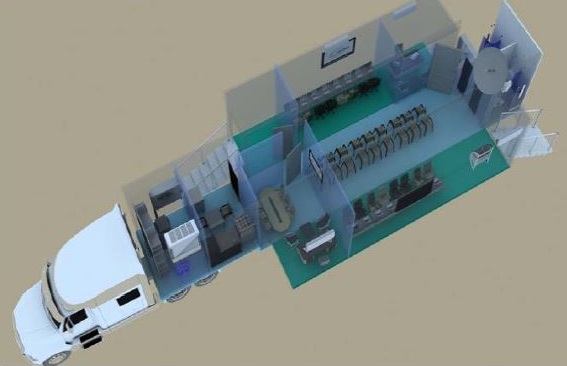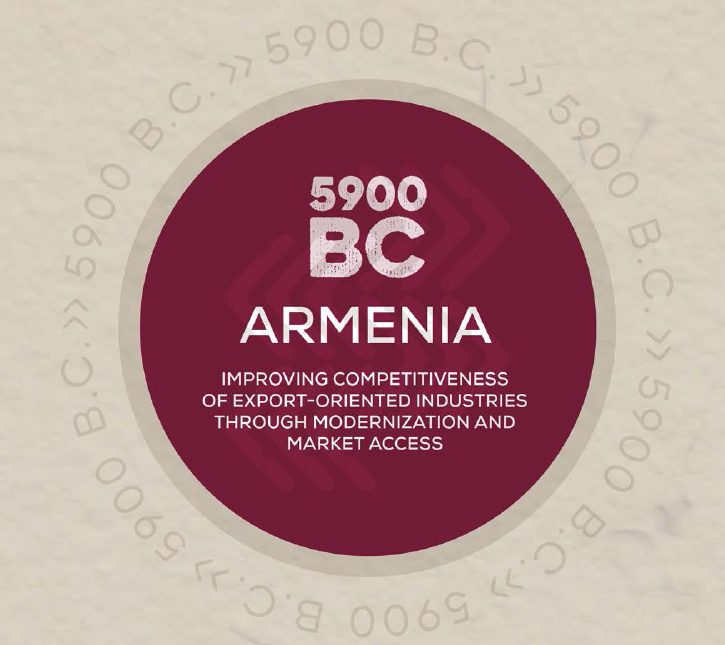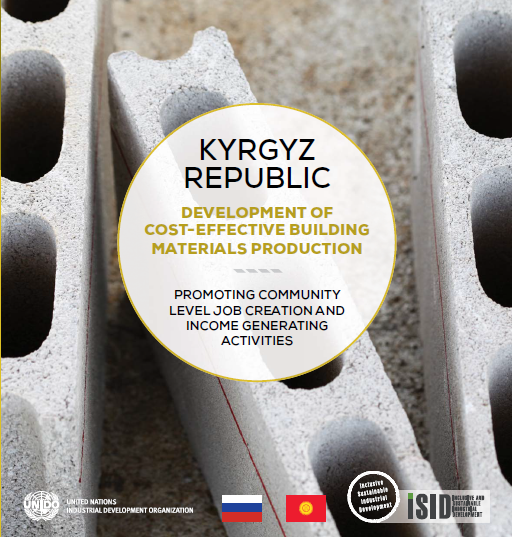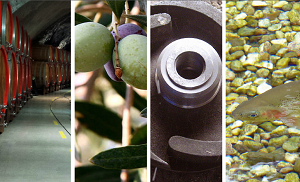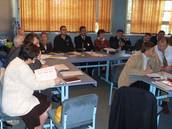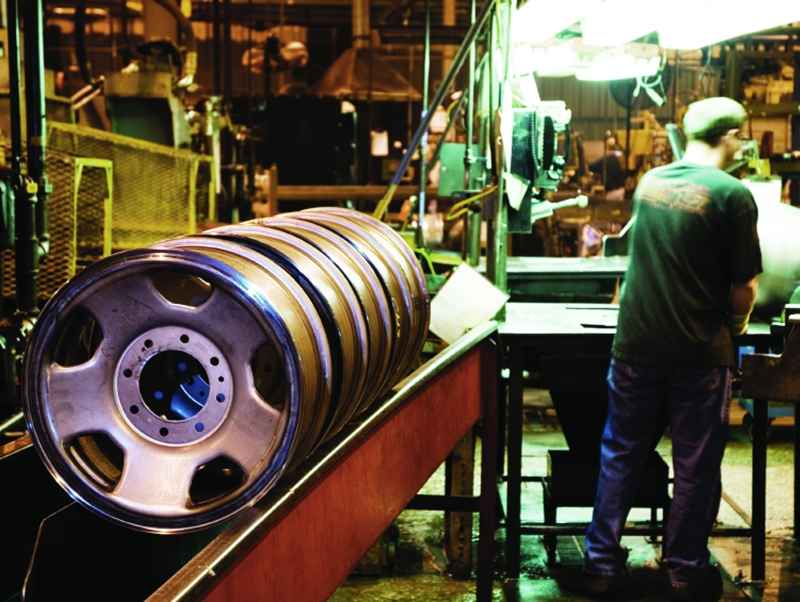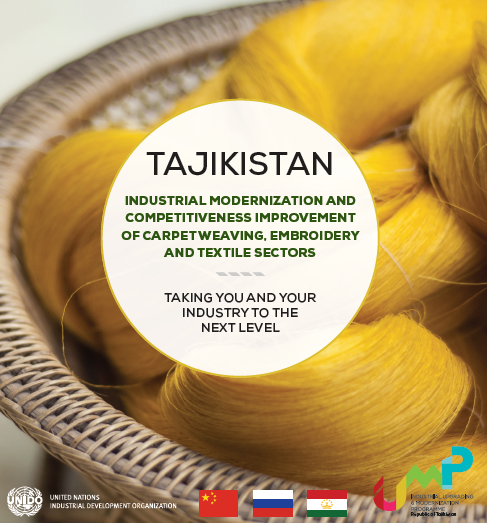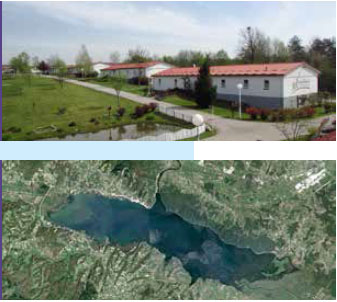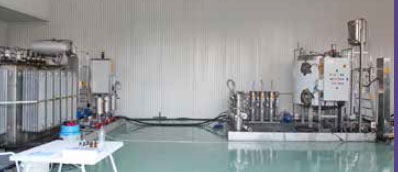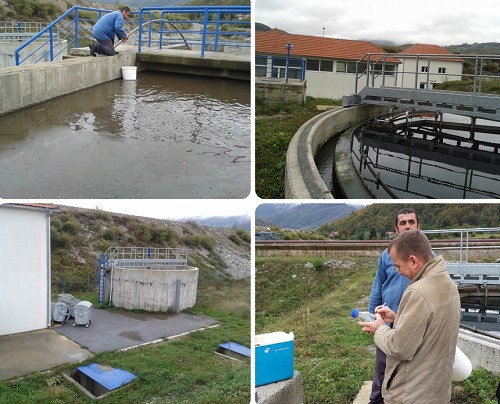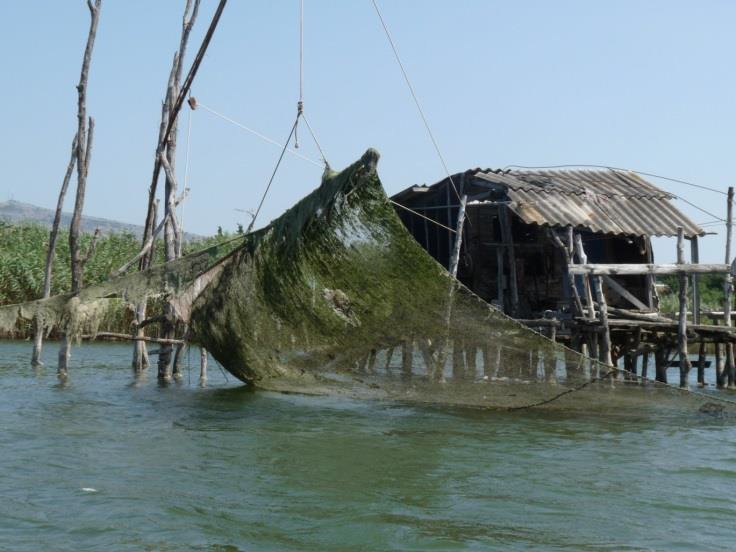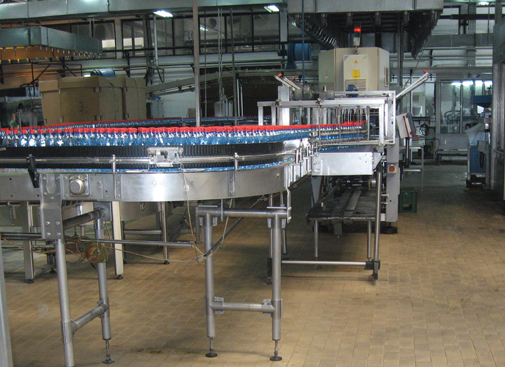A selection of UNIDO projects reflecting the three dimensions of the Organization's mandate that focuses on promoting inclusive and sustainable industrial development: Creating shared prosperity; Advancing economic competitiveness; and Safeguarding the environment.
Creating shared prosperity
Armenia - Productive work for youth
With the financial support of the Government of Austria, and together with the Armenian counterpart institutions, the UNIDO project supports youth-led enterprise creation and expansion, thus promoting sound private sector development in Armenia.
Turkey - Vocational training for Syrian youth and women refugees using mobile apparel skills units
The transfer of vocational skills to Syrian refugees, in particular the youth and women, is highly important. The project will provide refugees with means and skills that can help them make income within the refugee camps, therefore increasing the overall human security for the most vulnerable.
Advancing economic competitiveness
Armenia - Improving competitiveness of export-oriented industries through modernization and market access
The objective of the project is to maintain and improve the market share of local textile and clothing enterprises in the domestic market and contribute to Armenia’s effective integration into regional and international markets. More specifically, the project aims to build local technical capacity to support the development and modernization of SMEs and to position Armenian products as high-end design goods.
Kyrgyzstan - Promoting community level job creation and income generating activities
UNIDO is implementing a technical cooperation project titled “Promoting community level job creation and income generating activities through the development of cost-effective building materials production in Kyrgyzstan”. The project aims to promote and di
Montenegro - Cluster development
UNIDO provides support to the Ministry of Economy in building local capacity on cluster development. An EU-funded project on this was launched with the objective to strengthen the competitiveness and market access of selected clusters and networks in Montenegro. Direct assistance is provided to the following clusters: fresh water fish cluster, olive oil cluster and metal works.
Russia - Strengthening competitiveness of the local automotive component supply chain
In the Russian Federation, UNIDO is setting up a network of automotive component suppliers in the Samara region to strengthen competitiveness of the local supply chain. The aim is to provide the region with an industry-specific and institution-strengthening approach, thereby helping improve access to international markets. The project works directly with local SME automotive component manufacturers to address the problems faced “on the ground” and helps them upgrade their performance through direct counseling and shop-floor training.
Serbia - Accessing international markets
In 2007, UNIDO launched a two-year business partnership and cluster development programme to strengthen the automotive cluster in Serbia, which drew on the Slovenian automobile cluster set-up.
Tajikistan - Industrial modernization and competitiveness of carpet weaving, embroidery and textile sectors
UNIDO’s technical assistance will seek to increase productivity and boost exports in the carpet weaving, embroidery and textile sectors, thus improving Tajikistan’s international position in manufacturing value addition, manufactured exports and global competitiveness. UNIDO will assist national counterparts in identifying regional and international market opportunities, in upgrading enterprises and introducing modern technologies and in building managerial capacity.
Safeguarding the environment
Bosnia and Herzegovina - Remediating lake pollution
UNIDO launched a three year project financed by the Government of Slovenia in 2013 to provide suitable ecological remediation measures to enhance the water quality of Lake Modrac, the source of drinking water for the nearby Tuzla municipality. The annual chemical oxygen demand load reaching Lake Modrac will be reduced by 5.7 tons in 2016 by establishing a constructed wetland to treat the wastewater of Selo Mira orphanage.
FYR Macedonia - Phasing out toxic Persistent Organic Pollutants
As part of a UNIDO-GEF project, a facility for the treatment of transformers and lubricants containing environmentally toxic polychlorinated biphenyls (PCBs) and PCB-containing equipment was established in FYR Macedonia. The project aimed at assisting the country in complying with PCB-related obligations under the Stockholm Convention through the establishment of an environmentally sound management system for the disposal of PCBs and PCB-containing equipment, and in building legislative, institutional and technical capacity.
Montenegro - Transfer of environmentally sound technologies for the treatment of sludge
The biological waste water treatment plant in Mojkovac municipality produces some 0.5 m3 of untreated sludge per day. Sludge treatment by use of filter presses necessitates high investment costs and results in high energy as well as operations and maintenance costs. The Ministry of Sustainable Development and Tourism requested UNIDO to provide technical assistance for the development of a sludge treatment concept. A reed bed filter will be built to treat the sludge from the wastewater treatment plant in an environmentally and economically sound way. This will help preserve the tourism resource and contribute to poverty reduction in this region.
Montenegro - Transfer of environmentally sound technologies for the clean-up of Port Milena Channe
The overall objective of the project is to develop a strategic plan for the clean-up and the ecological rehabilitation of the Port Milena Channel as the basis for the Transfer of Environmentally Sound Technologies. This methodology will help facilitate the transfer of best environmental practices and appropriate technology and build institutional capacities for its application.
Global - Chemical Leasing: redefining the sustainable management of chemicals
Chemical Leasing is service-orientated business model that adopts a multi-stakeholder approach to promote the sound and efficient management of chemicals throughout their life-cycle. UNIDO, with the direct support of the governments of Austria and Germany, has been pioneering Chemical Leasing in developing countries and transition economies since 2004. Download the factsheet, which takes a closer look at how Chemical Leasing brings about a win-win situation for the chemical supplier and the chemical user, as well as the environment.

